
Why Do We Stick One Leg Out of the Covers at Night

When it comes to sleep, we all have our quirks—some of us need total silence, while others drift off to the sound of a fan or podcast. Some can’t sleep without a mountain of pillows, while others rely on their trusty weighted blanket. But there’s one surprisingly common habit that many people across cultures and continents seem to share, even without realizing it:
Sticking one foot out from under the blanket.
It might feel like a small, unconscious move, but science says it’s more than just a personal preference. This quirky little habit actually has a biological purpose—and it’s closely tied to how our bodies prepare for deep, restful sleep.
The Science Behind the “One Foot Out” Trick
According to sleep scientists, uncovering a foot while sleeping isn’t just random or cute—it’s part of your body’s built-in thermoregulation system.
“In order to fall asleep, we need to expel internal heat through a process called vasodilation,” explains María José Martínez, coordinator of the Chronobiology Group at the Spanish Sleep Society.
Vasodilation is the widening of blood vessels, which helps increase blood flow to the skin. This allows excess body heat to escape more efficiently—kind of like letting steam out of a pressure cooker.
In short, your body needs to cool down in order to switch into sleep mode. And one of the fastest ways it does that? Releasing heat through your extremities—especially your feet and hands.
Why the Foot Specifically?
The feet are especially good at releasing heat. Why? Because the skin on your feet contains numerous blood vessels, has minimal fat insulation, and is more exposed than other parts of the body. This makes your feet the perfect natural vents for cooling down.
When you stick one foot out from under the covers, you create a temperature escape hatch. It allows your body to lower its core temperature more quickly, which helps trigger sleepiness. This process sends signals to your brain that it’s time to shut down for the night.
In fact, this habit might be more widespread than we think. Some surveys suggest that more than half of adults admit to doing it regularly—even if they’re not entirely sure why.
Even Babies Do It
According to Martínez, this instinctive behavior isn’t something we pick up as adults—it starts much earlier in life.
“When babies are sleepy, you’ll often notice their ears, cheeks, and noses turn red and feel warm. That’s vasodilation in action—they’re releasing heat through peripheral areas to prepare for sleep,” she says.
So if you find yourself kicking off the covers or sticking a leg out at night, you’re not weird—you’re just following a biological instinct that’s been with you since birth.
Want Better Sleep? Try These Science-Backed Habits
While sticking your foot out can certainly help, it’s only one piece of the puzzle. Experts say quality sleep comes from a combination of good habits and a sleep-supportive environment.
Here are some foundational tips, as recommended by the Mayo Clinic and sleep researchers:
1. Stick to a Consistent Sleep Schedule
Go to bed and wake up at the same time every day—even on weekends. Your internal clock (circadian rhythm) thrives on routine, and irregular sleep patterns can throw it off balance.
2. Watch What (and When) You Eat and Drink
Avoid heavy meals, caffeine, and alcohol within 3–4 hours of bedtime. These can disrupt your ability to fall or stay asleep. A light, sleep-friendly snack—like a banana or a small handful of almonds—is okay.
3. Optimize Your Sleep Environment
Your room should be cool, quiet, and dark. Use blackout curtains, earplugs, or a white noise machine if needed. Consider setting the thermostat between 60–67°F (15–19°C)—the ideal range for sleep, according to experts.
4. Limit Naps
Short naps can be refreshing, but long or late naps may interfere with nighttime sleep. Aim for 20–30 minutes earlier in the day if you need a power nap.
5. Move Your Body
Exercise regularly—just not too close to bedtime. Physical activity helps you fall asleep faster and stay asleep longer. The best time? Late morning or early afternoon.
6. Unplug and Decompress
Exposure to screens can suppress melatonin, the hormone that regulates sleep. Try turning off devices at least an hour before bed. Instead, try reading, meditating, or journaling to calm your mind.
7. Manage Stress
Chronic stress or racing thoughts can make sleep elusive. Consider relaxation techniques like deep breathing, guided imagery, or even writing down your thoughts before bed to “clear the mental clutter.”
Final Thoughts: Your Body Knows What It’s Doing
So the next time you find yourself poking a foot out from under your comforter, don’t overthink it. You’re not being strange—you’re being smart. That little act of temperature regulation is your body’s quiet way of saying, “Let’s get some rest.”
Our bodies are smarter than we often give them credit for. Sometimes, better sleep doesn’t require fancy gadgets or complicated routines—just a small adjustment, like sticking out a foot.
So go ahead, embrace it. One foot out, deep breath in—sweet dreams ahead.
News in the same category


4 Unusual Signs in Your Neck That Could Be Symptoms of Cancer — Don’t Ignore Them
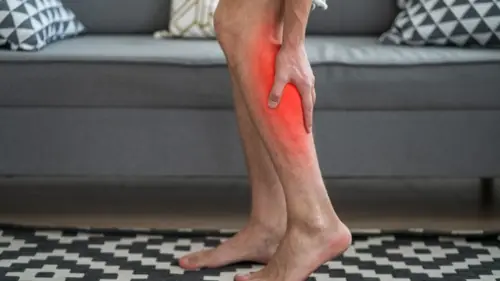
6 Warning Signs in Your Legs That Could Indicate a Serious Disease — Don’t Ignore Them
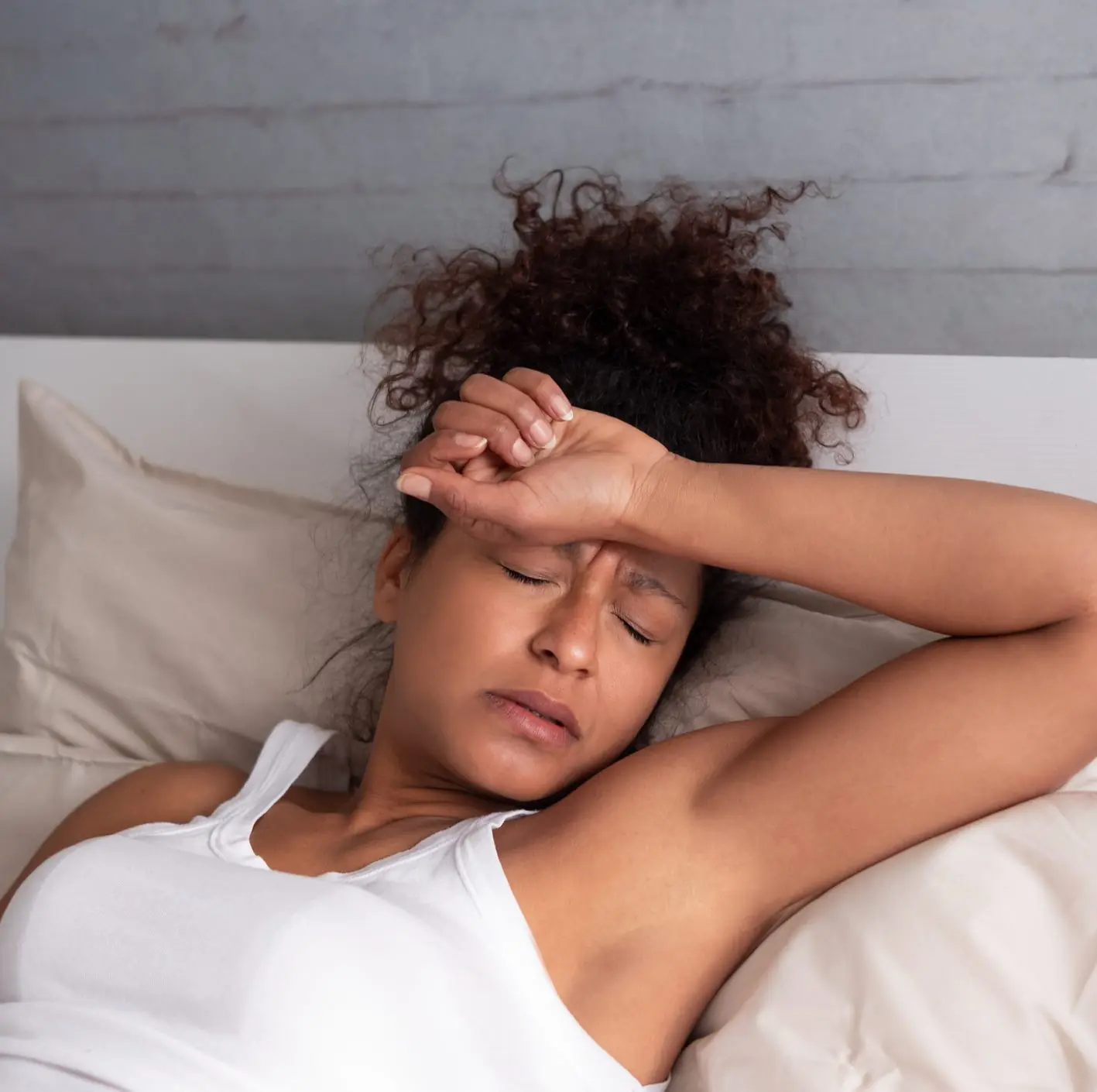
3 Nighttime Signs That May Indicate Cancer
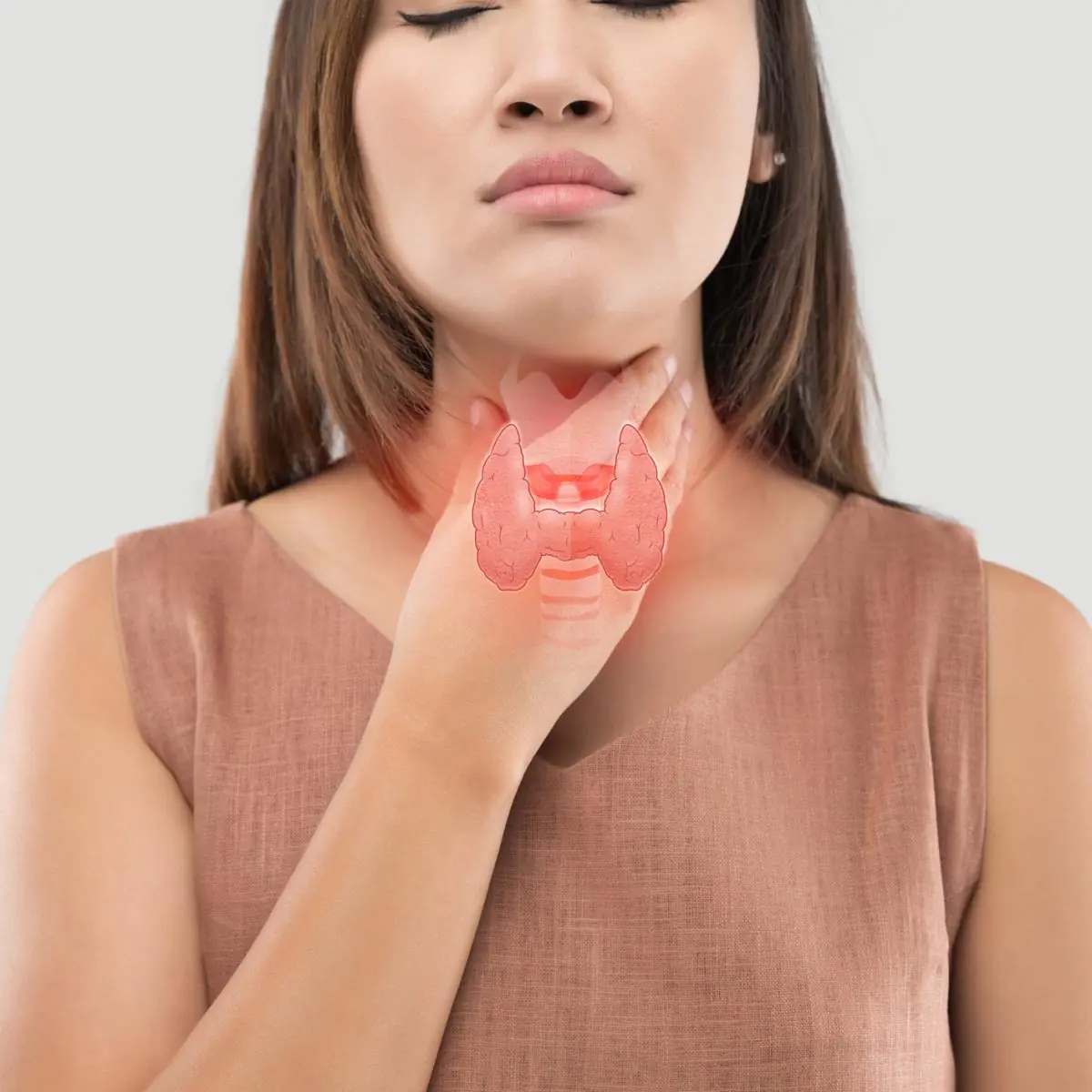
Heal Your Thyroid Naturally in Just 3 Days!

Side Effects and Dietary Recommendations Post Gallbladder Surgery

Be Very Careful: If You Notice This Growth on Your Skin, It Could Be Something Serious

Garlic and Rosemary: A Natural Remedy for Joint Pain in Knees, Hips, and Hands

1 Powerful Mineral to Stop Sciatica & Relieve Nerve Pain

Top 10 Foods to Improve Circulation in Legs and Feet

6 Warning Signs of a Clogged Artery Most People Ignore (Cardiologist Alert)
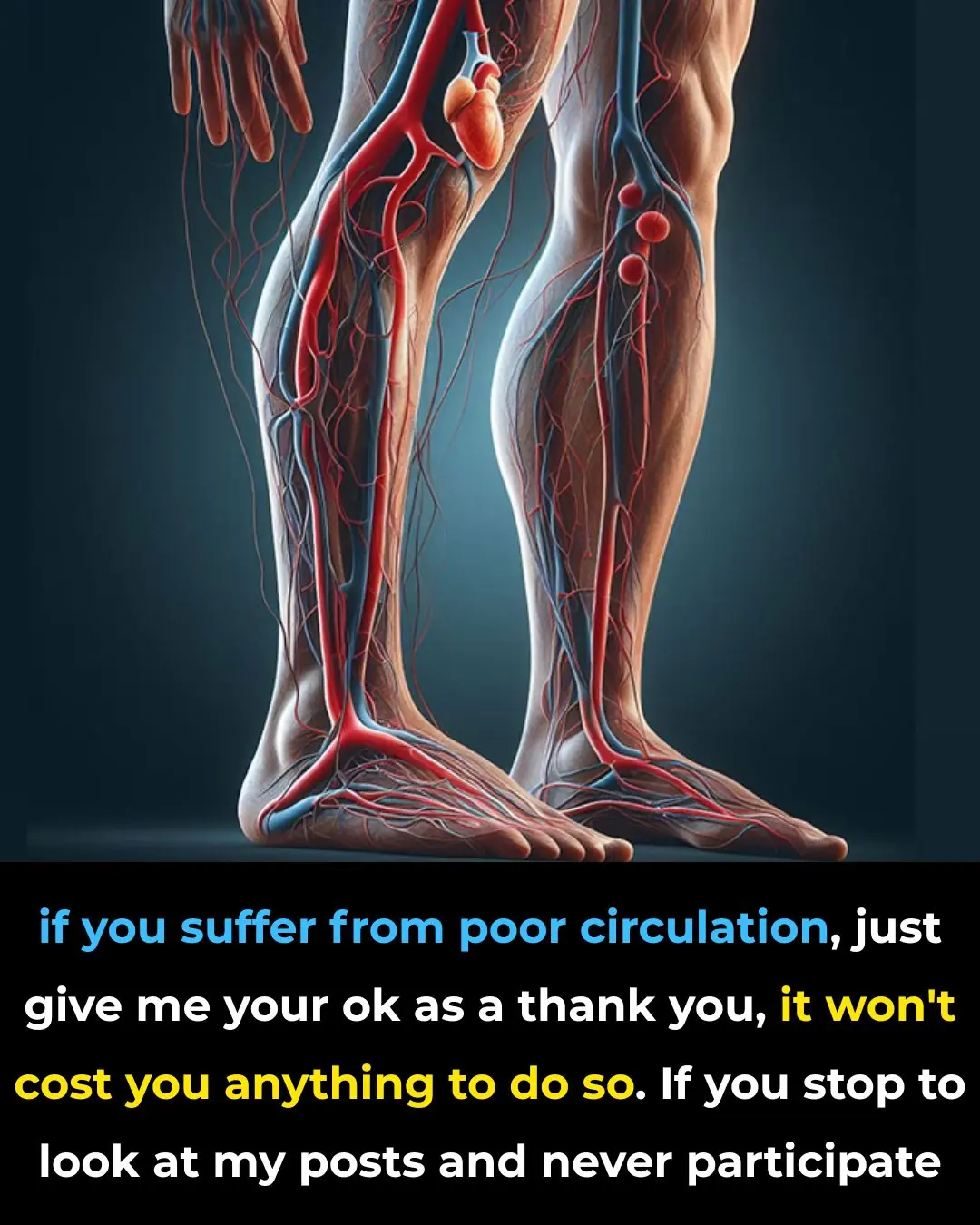
🦵 If You Suffer from Poor Circulation and Your Legs Feel Heavy, Swollen, or Cold — Here’s What Can Help
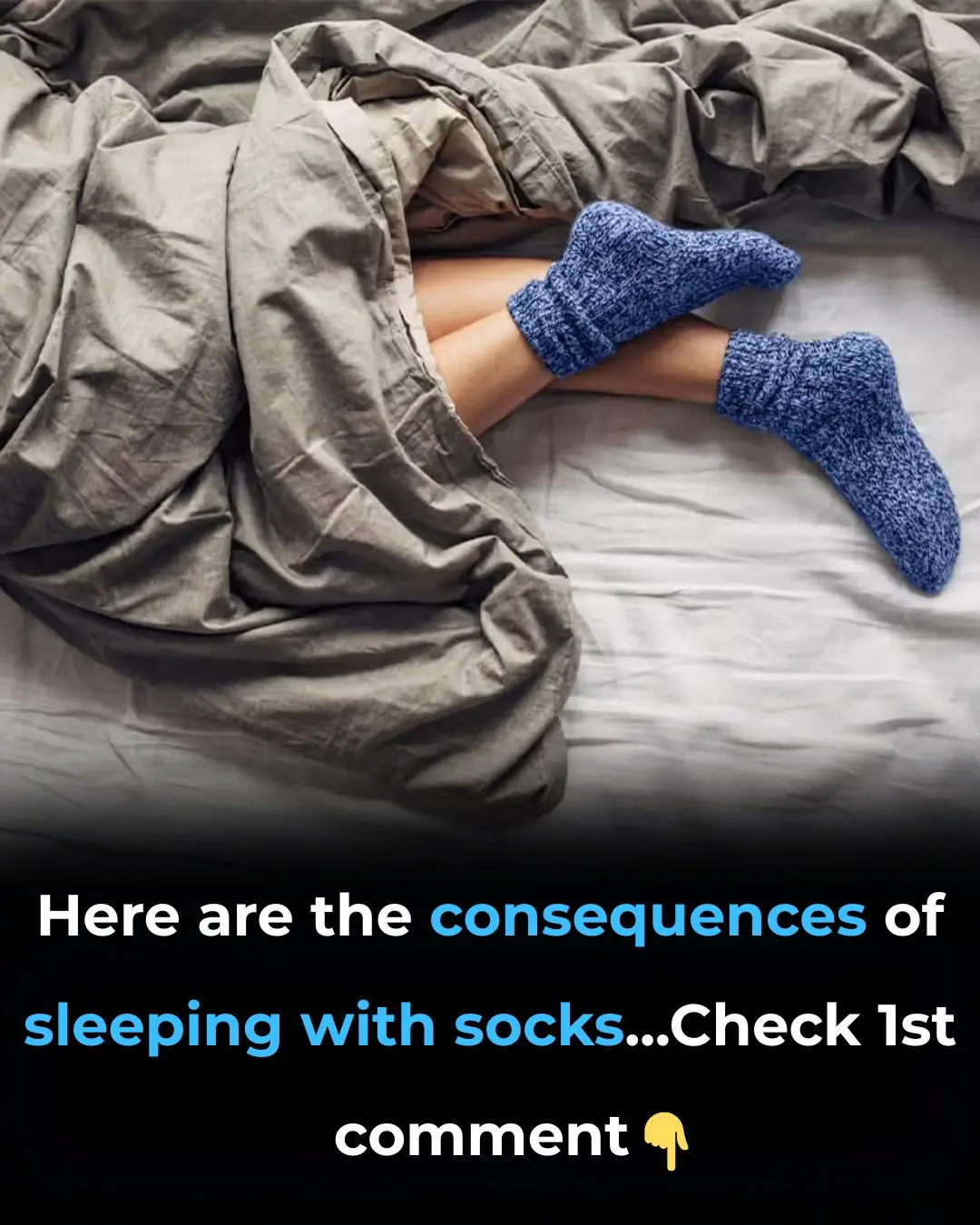
Should You Sleep With Socks On

Discover The Power of This Miracle Fruit
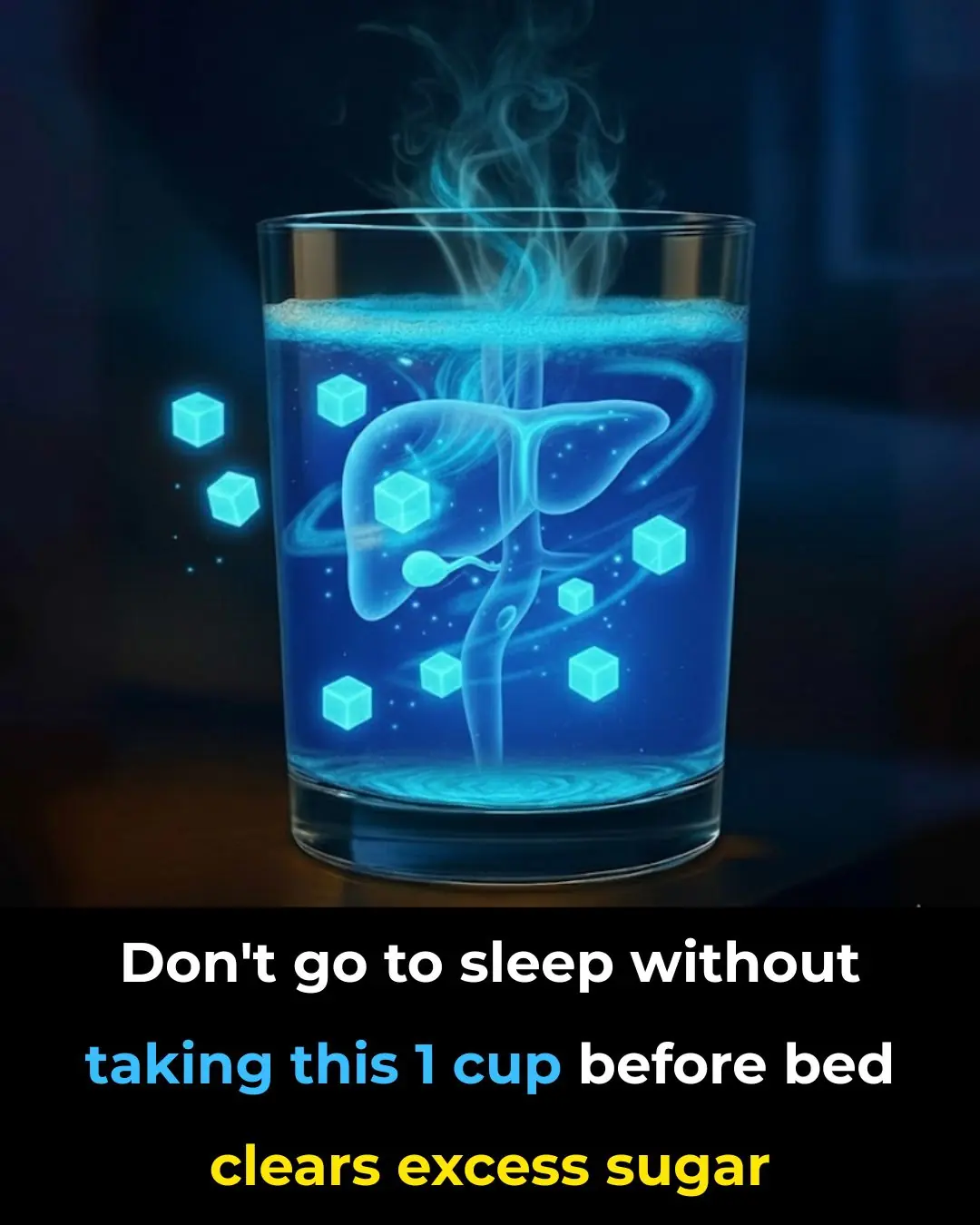
Don’t go to sleep without taking this — 1 cup before bed clears excess sugar

The Real Reason To Drink Lemon Water Revealed

If you have high blood pressure, NEVER do this in the morning
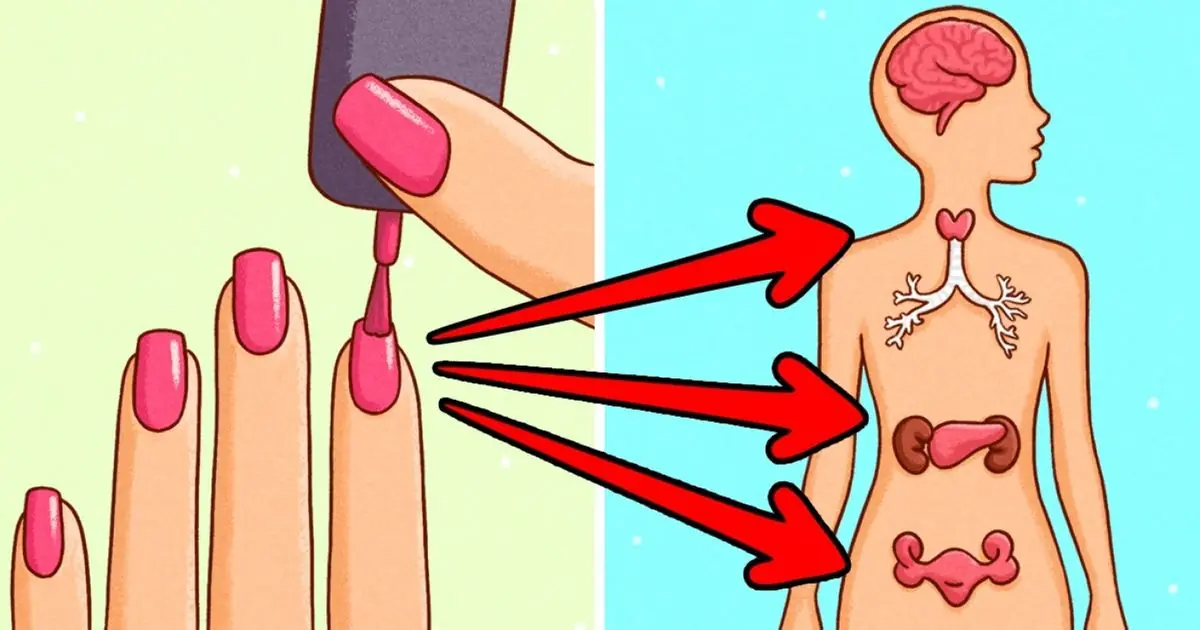
This Is What Happens to Your Body 10 Hours After Putting on Nail Polish

1 Tablespoon of This Before Bed—Fall Asleep Faster Than Ever!
News Post

DIY Natural Hair Dye: Turn Gray Hair Black Naturally at Home

Hidden Dangers on Your Plate: 4 “Clean” Foods That Can Secretly Harm Your Health

Fern Leaves Benefits and Uses: A Hidden Natural Remedy for Health and Home

7 Essential Leaves to Naturally Improve Your Eye Health

Miracles happen when you put a handful of peppercorns under the bed, unfortunately I just found out now

4 Unusual Signs in Your Neck That Could Be Symptoms of Cancer — Don’t Ignore Them

The sink is clogged with hot water: Do this immediately to quickly unclog it and remove the bad smell.

6 Warning Signs in Your Legs That Could Indicate a Serious Disease — Don’t Ignore Them

How to grow sweet potatoes in soil bags using potato sprouts

How to make your own toilet deodorizer using ingredients available at home

3 Nighttime Signs That May Indicate Cancer

Yellow pillow stuffing with tiny spots that can't be washed off with soap: Soak it in this and it will be spotlessly clean.

Experienced tofu maker guides how to distinguish clean tofu and tofu containing gypsum

Heal Your Thyroid Naturally in Just 3 Days!

Side Effects and Dietary Recommendations Post Gallbladder Surgery

Beef is often tough, marinate with salt "the tougher it is": Marinate with this, the meat will be tender, stir-fry with rich flavor, delicious

The Meaning Behind the WC Toilet Sign

Don't throw away leftover cold rice, mix it with soap to solve difficult problems in the house.
